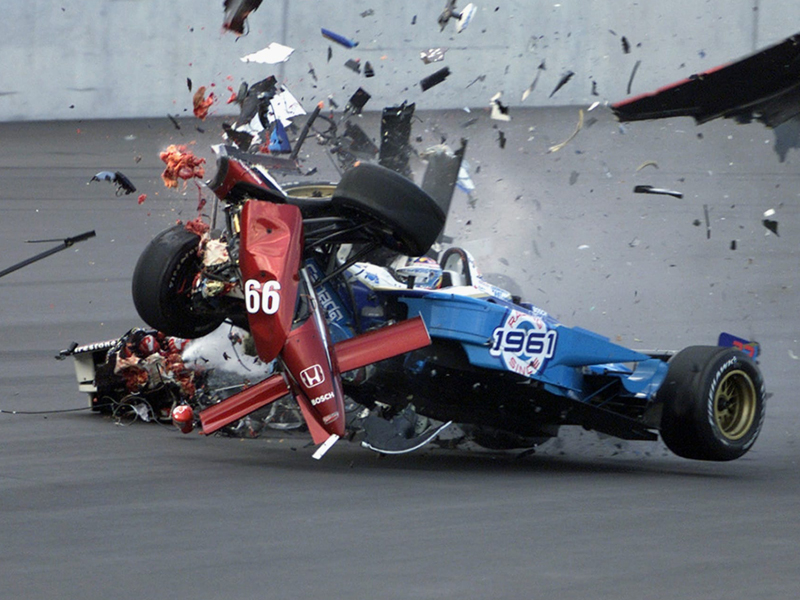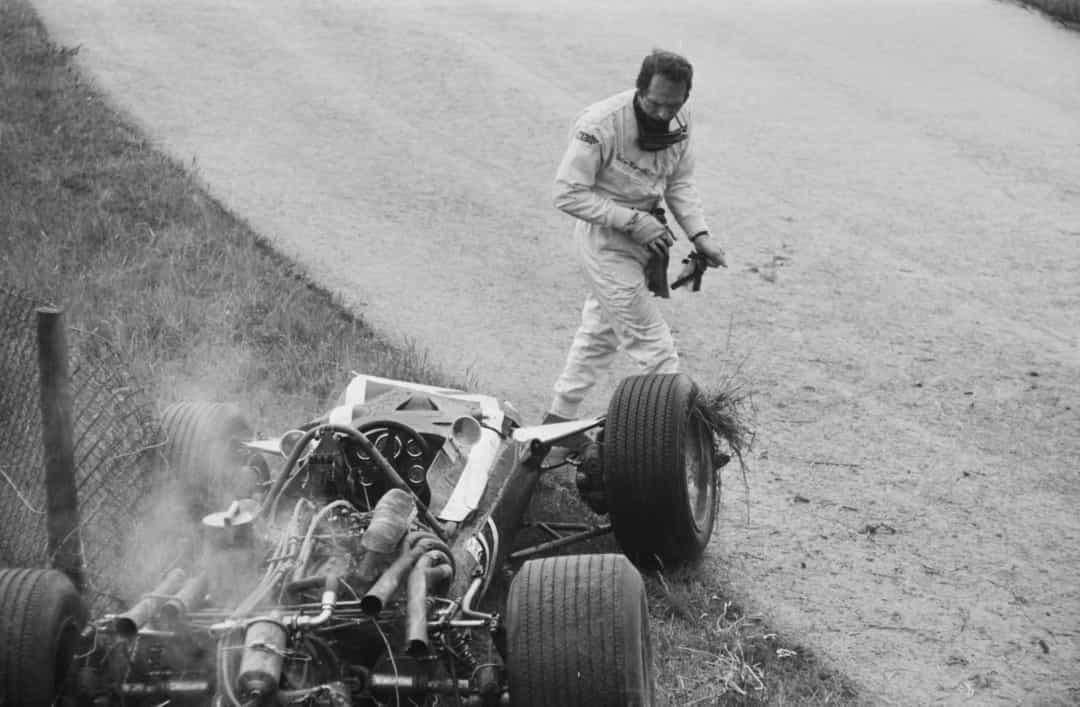Breaking News: Formula 1 Faces Outcry Over Loss of Authenticity as Fans Decry Shift from Racing to Reality TV
 In a shocking revelation that has sent ripples through the motorsport community, Formula 1 is facing intense backlash from long-time fans who feel the sport has abandoned its core essence in favor of corporate interests and entertainment gimmicks. The heart and soul of F1, once defined by roaring V10 engines and raw racing, is being systematically erased, leaving a hollow shell that prioritizes Netflix narratives over genuine competition.
In a shocking revelation that has sent ripples through the motorsport community, Formula 1 is facing intense backlash from long-time fans who feel the sport has abandoned its core essence in favor of corporate interests and entertainment gimmicks. The heart and soul of F1, once defined by roaring V10 engines and raw racing, is being systematically erased, leaving a hollow shell that prioritizes Netflix narratives over genuine competition.
The discontent echoes back to Suzuka 2004, where Michael Schumacher’s Ferrari screamed past the grandstands at a spine-tingling 19,000 RPM, a sound that resonated deep within the souls of racing aficionados. That visceral experience is now replaced by the muted whir of hybrid engines, a stark contrast that has left many feeling disconnected from the sport they once cherished. The transition to hybrid power units in 2014 marked a turning point, transforming the thrilling symphony of speed into a whisper, and fans have not forgotten.

Attendance at traditional circuits has plummeted, and TV ratings in key European markets have followed suit, as the FIA’s insistence on hybrid technology and sustainability metrics alienates the very core of its fanbase. The move towards manufactured drama, epitomized by the Netflix series “Drive to Survive,” has shifted the narrative focus from racing prowess to contrived rivalries and soap-opera-style storylines, leaving purists disillusioned.
The introduction of sprint races and a focus on celebrity culture, highlighted by events like the Miami GP, has further diluted the sport’s authenticity. Fans are now bombarded with superficial entertainment rather than the technical intricacies that once defined F1. The spectacle has grown, but at what cost? The essence of racing—where skill, strategy, and engineering excellence reigned supreme—has been sacrificed for a fleeting moment of Instagram glory.
Moreover, the enforcement of strict conduct codes and the sanitization of driver personalities have stripped the sport of its emotional depth. Where once drivers expressed their passion and frustration openly, they are now molded into polished corporate representatives, losing the raw human element that made F1 compelling. The fear of reprimands for genuine reactions has created a sterile environment that feels more like a corporate boardroom than a gladiatorial arena.

As the sport prepares for a new era with the 2026 regulations, fans are left wondering what will become of their beloved F1. The promise of smaller, lighter cars and standardized components threatens to erase any remaining individuality among teams, pushing the sport closer to a bland, spec-racing format. The innovation and creativity that once drove teams to the limits of engineering are being stifled under the weight of financial constraints and corporate oversight.
The outcry from the F1 community is palpable, with passionate fans lamenting the loss of the sport’s authenticity. They remember the thrill of watching drivers push the boundaries of physics, the roar of engines that sent shivers down their spines, and the emotional highs and lows that made every race a spectacle. As the sport grapples with its identity crisis, one thing is clear: the soul of Formula 1 is at stake, and the time for action is now.
In a world increasingly dominated by corporate interests and superficial narratives, the call to return to the roots of racing has never been more urgent. Fans are rallying for a return to the authenticity that once defined Formula 1, demanding that the sport honors its rich heritage and the passionate community that has supported it for decades. The question remains: will F1 listen, or will it continue down this path of commercialization and disconnection? The future of the sport hangs in the balance, and the voices of its most loyal supporters are growing louder.





